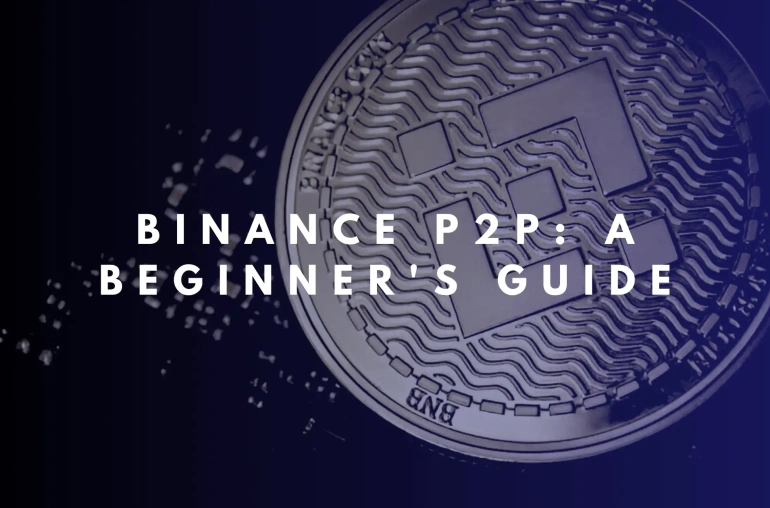Key Takeaways:
- The International Monetary Fund (IMF) recently blocked a proposal from the Pakistani government to offer cheaper electricity for crypto mining.
- The government’s plan was to sell surplus electricity at a lower cost. This would help boost energy-intensive industries and reduce overall costs in the power sector.
- The IMF rejected the idea. They feared it would create unfair market advantages, much like special tax holidays that have caused problems before.
- This decision is a major hurdle for officially supported crypto mining in Pakistan. Its future is now uncertain for enthusiasts and potential investors.
Everyone’s trying to figure out the future of crypto in Pakistan. You see videos and read blogs, but a key piece of the puzzle is often hidden in complex government meetings.
It turns out, the government quietly proposed a plan to make electricity cheaper for new industries, including for crypto mining in Pakistan. Our investigation reveals a major hurdle. The IMF has stepped in and stopped the proposal. Let’s dig into what really happened.
Why Did the Government Propose Cheaper Power?
It might seem strange to talk about cheaper electricity in a country with power issues. But the reason is a problem of “surplus and demand.”
Pakistan’s power sector often produces more electricity than is consumed, especially in winter. This surplus power doesn’t just go to waste. Consumers end up paying for it through something called capacity charges.
The Power Division came up with a logical idea. Why not sell this extra electricity at a lower cost to industries that use a lot of power?
The plan targeted sectors like copper melting, data centers, and crypto mining. The thinking was simple: more consumption would help stabilize the grid, put surplus energy to use, and lower capacity charges for everyone. It was presented as a win-win.
Also read: 6 RWA Crypto Projects to Understand Before You Invest a Single Dollar
So, What Was the IMF’s Problem?
While the plan looked good on paper, the International Monetary Fund (IMF) had serious reservations. As a major financial partner for Pakistan, the IMF’s approval is crucial. In this case, they said no.
According to officials, the IMF viewed the proposal as a type of sector-specific subsidy. They worried that giving special electricity tariffs for crypto would distort the market.
The IMF felt this was too similar to special tax holidays. In the past, these policies have created economic problems instead of solving them. Despite discussions, the IMF stood firm, and the plan is now on hold.
Conclusion: What Does This Mean for Crypto Mining in Pakistan?
So, where does this leave someone like you? This situation reveals a complicated reality for crypto in Pakistan.
On one hand, the government is actively creating proposals for the crypto mining industry. This is a positive sign that they recognize its potential.
On the other hand, it’s clear that major decisions in the Pakistan power sector are influenced by outsiders. International partners like the IMF and the World Bank have a big say.
This doesn’t change the legality of using crypto yourself. But it does signal that large-scale industrial support isn’t coming anytime soon. The dream of a subsidized electricity tariff for crypto remains, for now, just a dream.
What are your thoughts on the IMF’s decision? Share your thoughts in the comments below!




